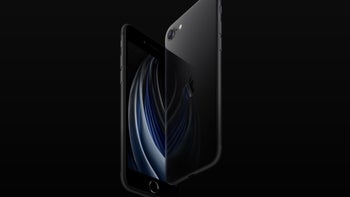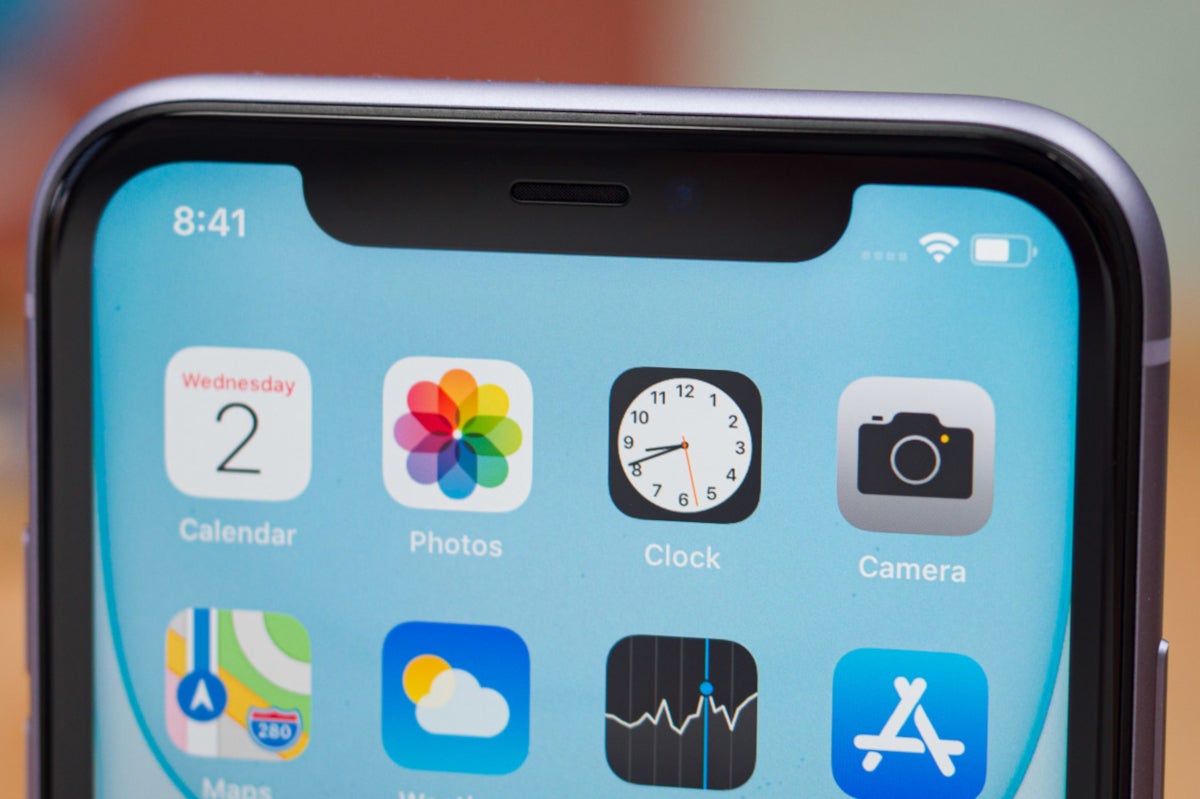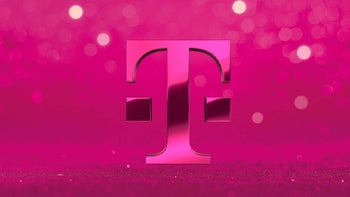These two iPhone models helped Apple ship an estimated 39.9 million units from April through June

Starting with the earnings report for the fiscal first quarter of 2019, Apple stopped reporting iPhone shipments with its quarterly announcements. Instead, Apple releases revenues attributed to sales of its handsets every quarter. For example, yesterday the company reported $26.4 billion in iPhone revenue during the fiscal third quarter that covered this past April through June. Wall Street was looking for a much lower figure of $22.4 billion and the reported amount was 1.7% ahead of the revenue generated by the iPhone during the same quarter last year.
Apple iPhone SE (2020) and iPhone 11 lead the way
Even though Apple no longer releases the information, the number of iPhone units shipped during a quarter is calculated by some research firms by tracking sales. One company, Omdia, went to the trouble of pulling out its abacus and doing the hard math. In its report (seen by AppleInsider) the research firm says that Apple delivered 39.9 million handsets during the fiscal third quarter, up 13.1% year-over-year. That works out to an average price of $662.

The Apple iPhone 11 was a factor in the company's estimated 13.1% year-over-gain in Q2 iPhone shipments
During the quarter, Apple released the iPhone SE (2020), essentially a refreshed iPhone 8, carrying a 4.7-inch LCD display and powered by the currently employed A13 Bionic chipset. Apple says that thanks to the silicon upgrade (the iPhone 8 launched with the A11 Bionic inside), the 12MP camera on the back of the device is the best single-camera system available. And as it turns out, Omdia cites the iPhone SE (2020) as one of the two models driving the increase in shipments.
As you might have been able to figure out by the average sales price of the iPhone units sold last quarter (using Omdia's data), the other iPhone model racking up big sales numbers is the iPhone 11. During the first quarter of this year, the device, available at a price of $699 and up, was the most popular smartphone in the world.
Jusy Hong, director of smartphone research at Omdia, broke down the results. "With the launch of the iPhone SE in April, Apple has released a long-desired product, with an attractive price. The launch added a new iPhone model into Apple's product mix just as lockdown restrictions had reached important markets, such as the United States. A $399 starting price point makes the iPhone SE an attractive new device, especially in the face of continued economic uncertainty in many markets. For existing iPhone users who needed to upgrade their smartphones in the second quarter, the new SE represented an affordable option that does not require a large down payment or high monthly repayment rates."
The research firm says that worldwide shipments of smartphones were 279 million units in Q2 compared to 331.8 million units during the same quarter last year. That works out to a decline of 15.7% during the period. According to Omdia, Huawei was the top phone manufacturer in the world from April through June. This is a goal that the Chinese manufacturer publicly announced back in 2016. Huawei shipped 55.8 million units according to Omdia, topping the 54.3 million delivered by Samsung; the 39.9 million iPhones that the research firm says Apple shipped during the quarter placed it third. That gave Apple 14% of the global smartphone market during the three months.
After shipping 28.9 million phones during the quarter, Xiaomi finished fourth while Oppo delivered 22.5 million phones putting it in fifth place. Omdia notes that all manufacturers suffered a year-over-year decline in shipments except for Apple, iTel, Tenco, and Infinix.
Yesterday, Apple announced that it will delay the release of the 5G iPhone 12 series by several weeks. The handsets are typically introduced and launched in September. However, due to the pandemic, we are now looking at the release of the new models in October or November.










Things that are NOT allowed: